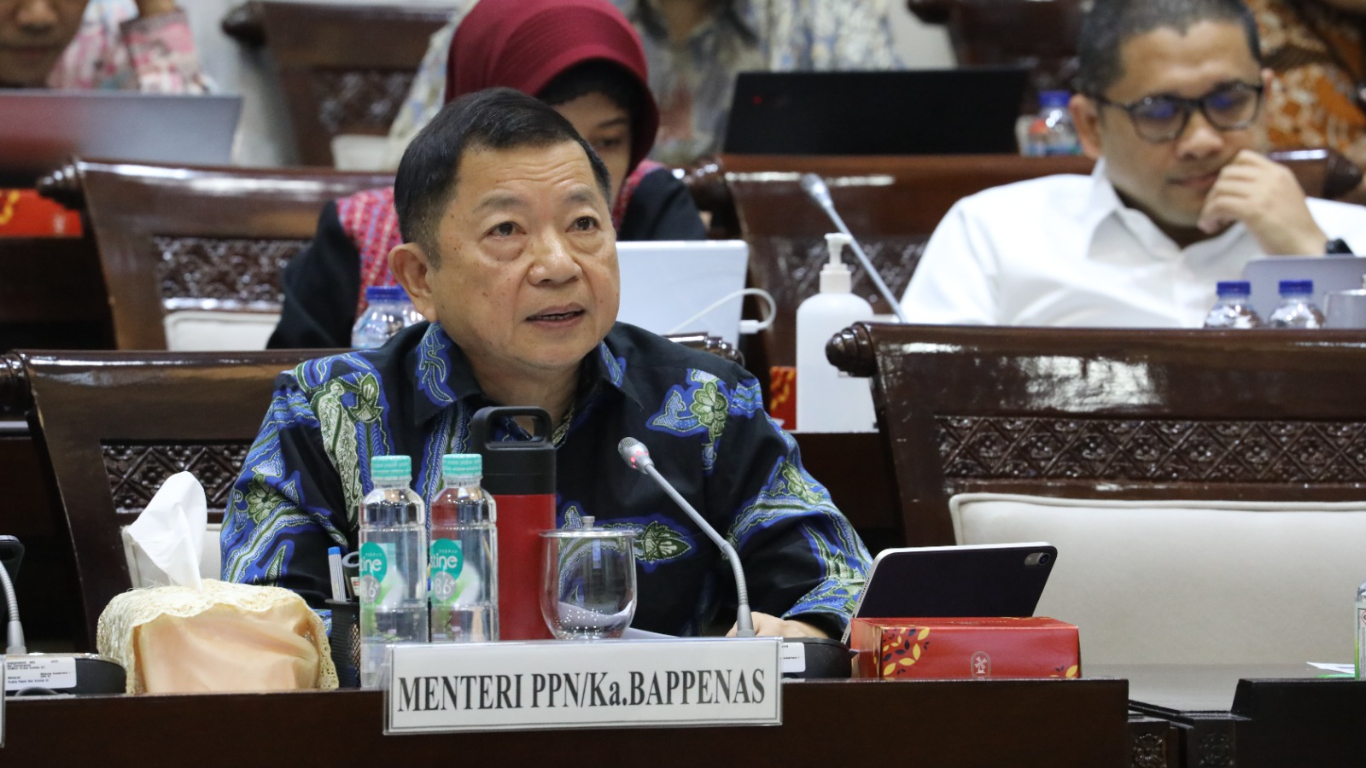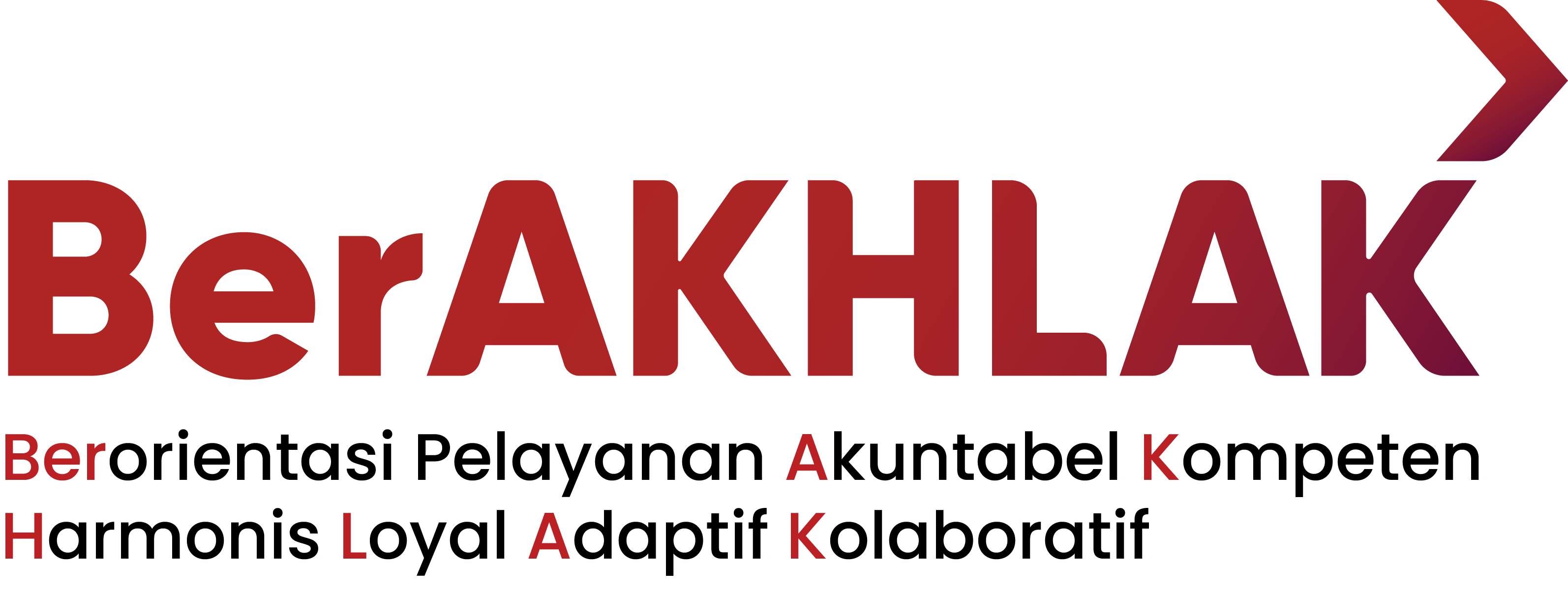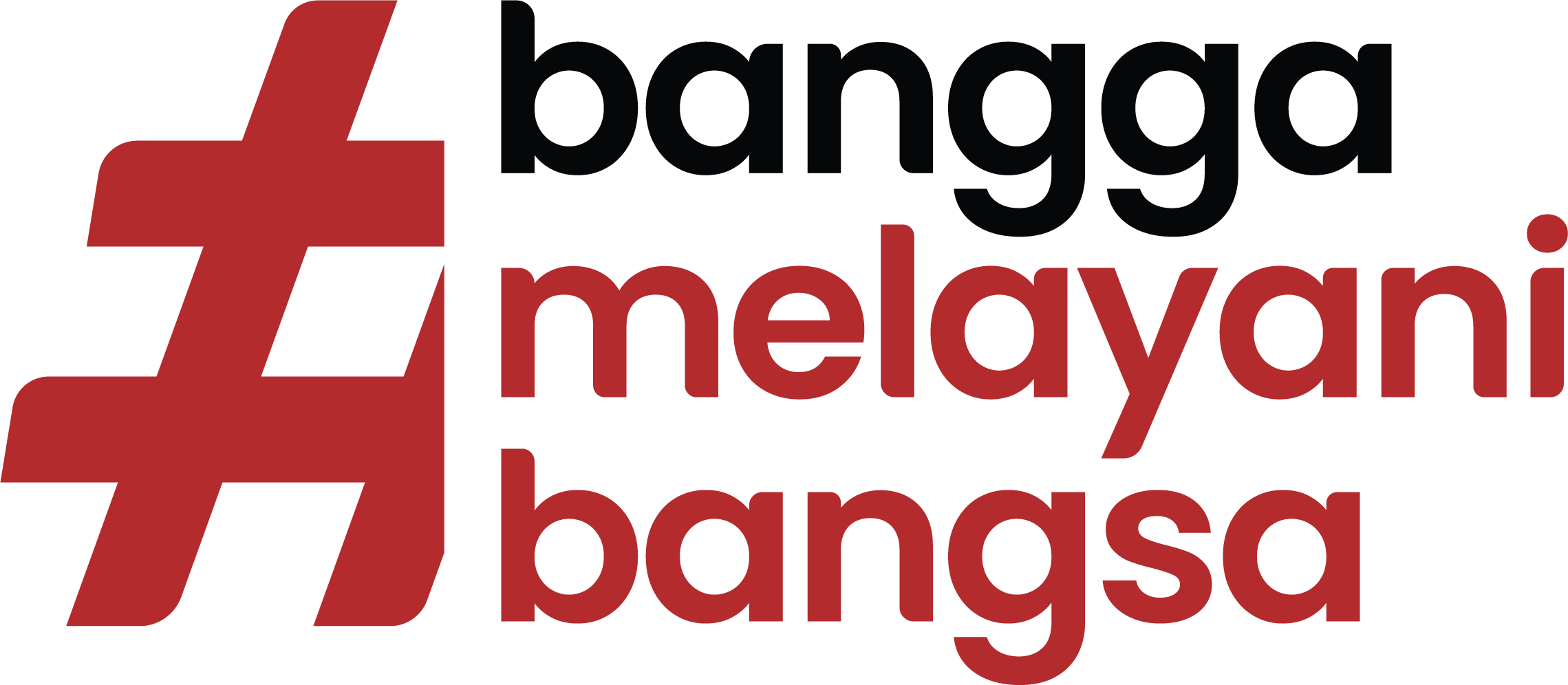Bappenas Outlines Strategies to Achieve 2024 RKP Development Targets
Prime News - Mon, 05 June 2023

The Ministry of National Development Planning/Bappenas presented a strategy for achieving the development targets of the 2024 Government Working Plan (RKP) at the House of Representatives (DPR) Working Meeting with Bappenas on Monday (5/6) as part of the foundation for sustainable development plans ahead.
The 2024 RKP development targets include an economic growth of 5.3% to 5.7%, a poverty rate of 6.5% to 7.5%, an open unemployment rate of 5% to 5.7%, a Gini ratio of 0.374-0.377, a human development index (HDI) of 73.99-74.02, a greenhouse gas emission reduction of 27.27%, a farmers’ exchange rate of 107-110, and a fishermen 105-108.
“The policy directions outlined in the 2024 RKP include the reduction of poverty (and eradication of extreme poverty), the improvement of education and health service quality, revitalization of industries and strengthening applied research, strengthening business competitiveness, low-carbon development and energy transition, accelerating the development of basic infrastructure and connectivity, accelerating the development of basic infrastructure and connectivity, accelerating the development of the IKN, and the successful implementation of the 2024 elections,” explained the Minister of National Development Planning/Head of Bappenas Suharso Monoarfa.
The government’s poverty alleviation strategy encapsulates several steps. These include providing social assistance to reduce the expenditure burden, providing social and economic empowerment that guarantees a sustainable increase in income, and partially expanding access to basic services to develop human resources. To achieve a 0% extreme poverty rate in 2024, based on the 2.15 USD PPP method, the government must alleviate 6.7 million people in the poorer class, or around 3.35 million people, per year. As for reducing unemployment after the Covid-19 pandemic, there are two policies being undertaken, namely the restoration of the economy to create jobs and creating a quality and productive work force.
Despite the increase, several health indicators are still a major problem, namely complete basic immunization, under-five stunting, under-five wasting, increasing instances of tuberculosis, malaria immunization, leprosy immunization, smoking rates in children, obesity of the adult population, accredited First Level health facilities, and health centers with quality staff. Efforts to reduce stunting outlined in the 2024 RKP include the provision of family assistance by Family Assistance teams in villages, the expansion of the scope food provision for pregnant women with chronic energy deficiencies and underweight infants, the expansion of basic immunization coverage, and strengthening the quality of surveillance data starting from the smallest health units.
The acceleration of basic infrastructure development is carried out with key interventions outlined in the 2024 RKP. These interventions include the provision of access to piped drinking water, safe access to sanitation (and domestic waste water), elimination of open defecation, improving access to livable housing, coaching local governments and service providers, as well as increasing community participation.


